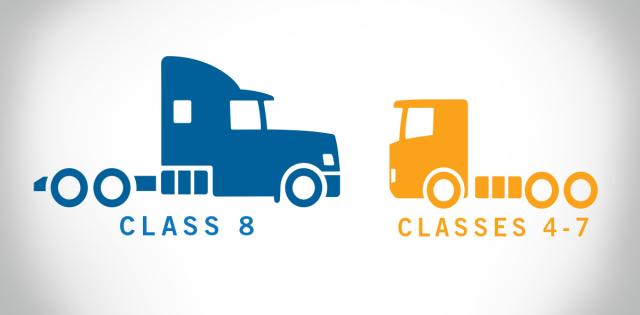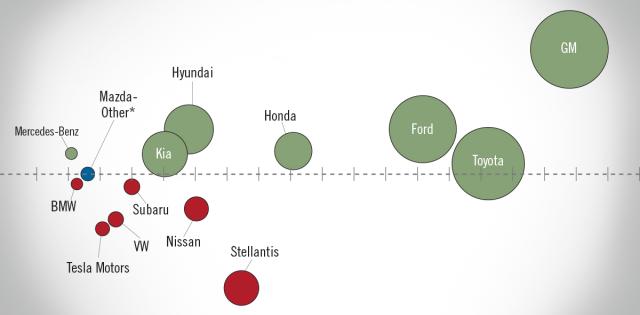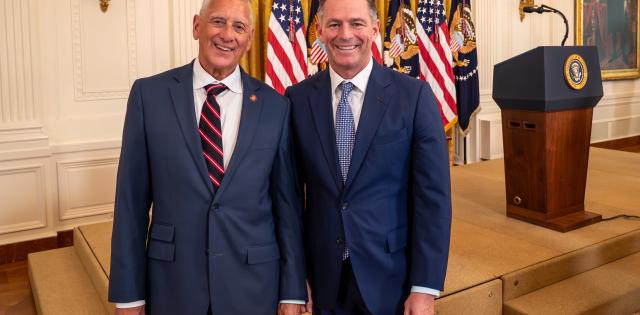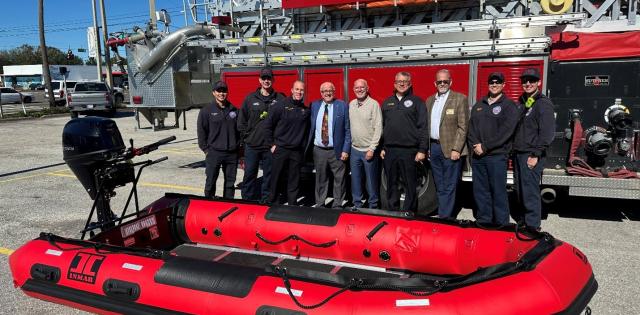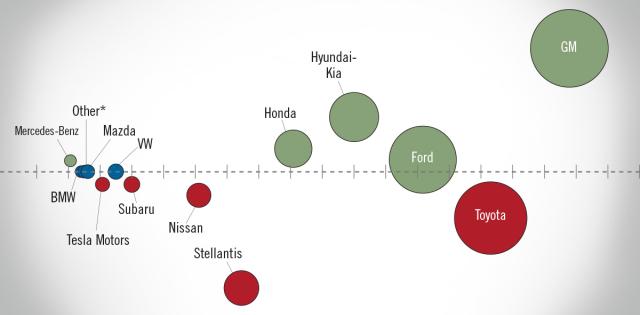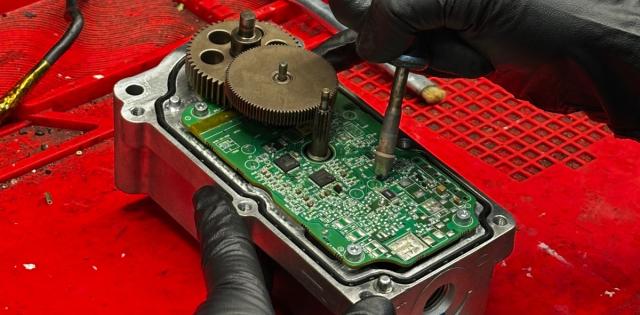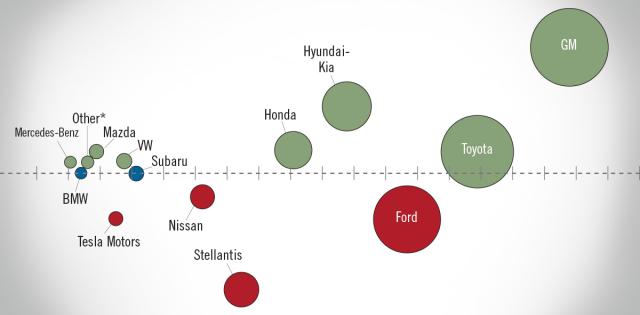The article below is sourced from Reuters Wire Service. The views and opinions expressed in this story are those of the Reuters Wire Service and do not necessarily reflect the official policy or position of NADA.
The head of a trade group representing nearly all major automakers urged the U.S. Environmental Protection Agency to "ease up" on its aggressive proposal to sharply cut vehicle emissions through 2032, saying it could benefit China.
Alliance for Automotive Innovation CEO John Bozzella said Monday in a blog post the "EPA should ease up and reassess this rule before it helps cement China’s place in the U.S. auto market." He predicted that if the EPA regulations are too tough, China will gain "a stronger foothold in America’s electric vehicle battery supply chain and eventually our automotive market."
The EPA, which declined to comment, proposed in April cutting vehicle emissions by 56% over 2026 levels. EPA estimates would result in 60% of new vehicles by 2030 being electric and 67% by 2032.
The trade group - which represents General Motors Co, Toyota Motor Corp, Honda Motor, Volkswagen, Hyundai MotorCo Ltd , Ford Motor Co, Stellantis NV and other major automakers - warned in May that automakers will struggle to meet those targets because of problems with the supply chain for EV batteries, motors and chargers as well as consumer resistance.
Chinese automakers sell few vehicles in the United States, and only a small number of Chinese-made vehicles are imported by major automakers for sale in the U.S.
Bozzella said Europe offers a warning of what could happen in the United States. "With a 2035 ban on fossil fuel vehicles looming, Chinese manufacturers gained a foothold and entered the European market at a budget price point," he said. "They achieved a 5% share of Europe's EV market in the first nine months of 2022 and are on a steady march to hit 20% by 2025."
Last month, Ford CEO Jim Farley said Chinese electric vehicle makers are its main rivals in the sector, but the company has hurdles competing on cost at a smaller scale.
"I think we see the Chinese as the main competitor, not GM or Toyota," Farley said. "The Chinese are going to be the powerhouse."
Environmentalists are pressing the Biden administration not to soften the proposal. Some say the EPA should have proposed tougher rules.
(Reporting by David Shepardson; Editing by Jonathan Oatis)
For more stories like this, bookmark www.NADAheadlines.org as a favorite in the browser of your choice and subscribe to our newsletter here:


